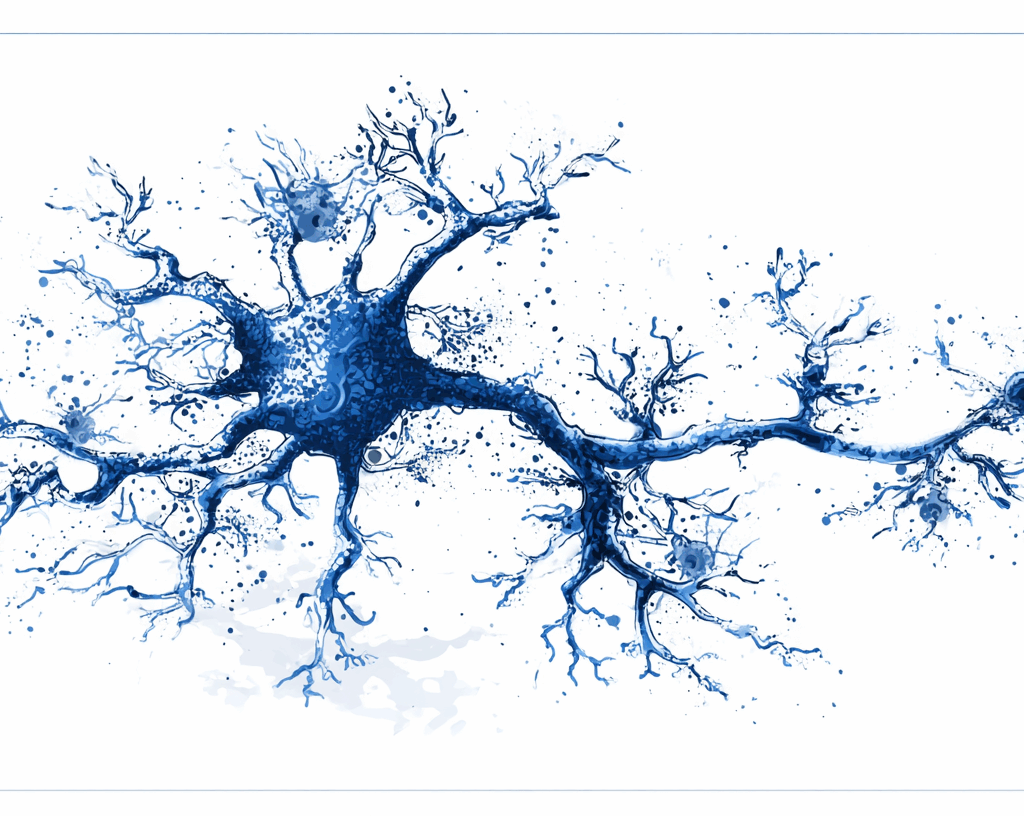Learn more
Impact of scamming
Impact of scamming on our nervous system and how to best deal with it
Our sympathetic nervous system responded instantly to the stress activating our primitive response system putting it in a state of survival.
The hypervigilant state that gets activated in that moment allows us to attend to daily life activities. However, this function can be at times compromised when stress response gets retriggered by other stressful events in our lives.
There is evidence leading us to believe that experiences such as childhood trauma can lead to underlying biological footprint for traumatisation. The differences in severity of symptoms experiences in the aftermath of it depends on multiple factors including: genetics, cultural factors and concomitant environmental factors.
Emotionally upsetting, physically taxing situation can push us into system of fight, flight, freeze, which may result in rage, wanting to run away or shut down. This is as a result of the activation of the ancient part of our nervous system preserving us in the survival mode.
As a result of trauma certain groups of neurons, closely related to survival function, may over time connect more strongly with each other while becoming more isolated from the rest of the brain.
This may lead to a kind of rigidity, in which the triggering of one part of a neural network contributes to the activation of the whole system of neurons. These networks can become stuck in a pattern and resist taking in new information.
Often times, in cases of people affected by trauma one’s sense of safety and self-worth may continue to be compromised even when one’s current environment is not dangerous.
Being stuck in a stress response can also result in viewing current events through trauma lens leading to inaccurate interpretation of events and result in over or under reactivity.
The by-product of this might lead to becoming stuck in fixed ways of thinking and feeling that are more reflective of the past than the present.
Weaker connection between the neurons in the brain can contribute to impaired functioning of different aspects of our lives incl. concentration, inhibiting unhelpful thought patterns or destructive impulses.
Furthermore, unprocessed trauma memories are thought to be stored in the brain in the way that is disconnected from the overall context. When triggered, they don’t connect fully to the fact that your present is different from your past and that you have different abilities and choices in the current situation.

Trauma can often lead to internalised experiences and suppressed feelings of low self-esteem and self-depreciation and that can have ripple effect on our mental and physical health.
A physical illness can have long- lasting consequences increasing our overall vulnerability to different epigenetic and environmental factors.
Some of the common aftermaths of trauma also include avoidance strategies we in overly implement by keeping our brain occupied through e.g work or keeping constantly busy with other activities. This is to distract oneself from the discomfort of re-living and remembering the trauma experience.
This strategy in itself can result in burnout and have other adverse results e.g. impacting on the quality of our connectedness with family, feelings of permanent stress and exhaustion.
Feeling of loneliness created as a result often link back with the old feeling created in aftermath of the trauma experience further reinforcing the feelings of low self-worth and being a failure.
No matter how hard one tries to suppress the feelings of trauma , they eventually break through often being brought be different life stressors holding resembles with the past trauma memories as re-connecting with same memory wires in our brain resulting in compounded effect.

 Cart is empty
Cart is empty